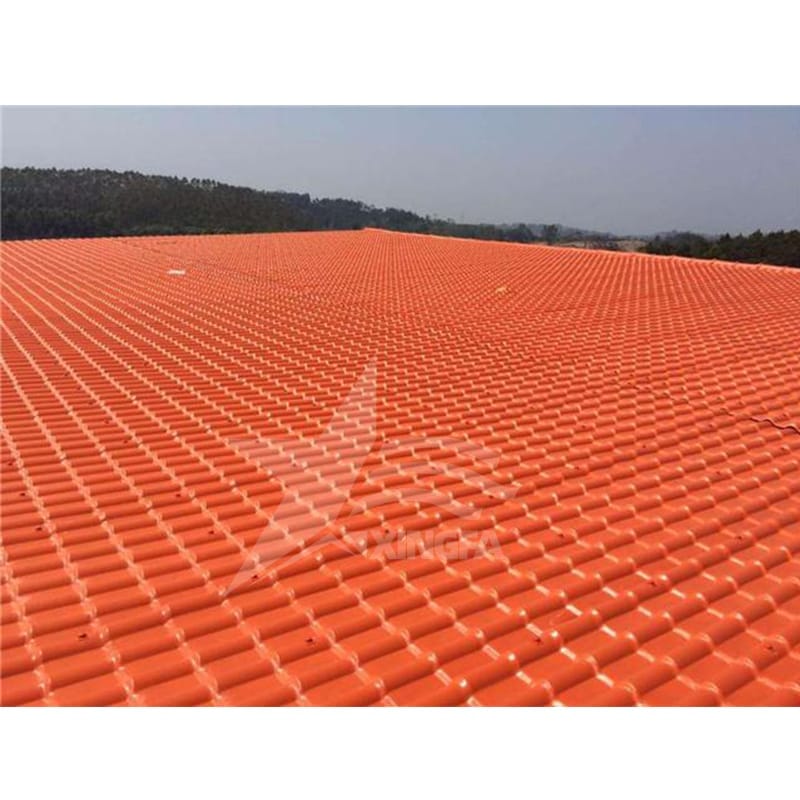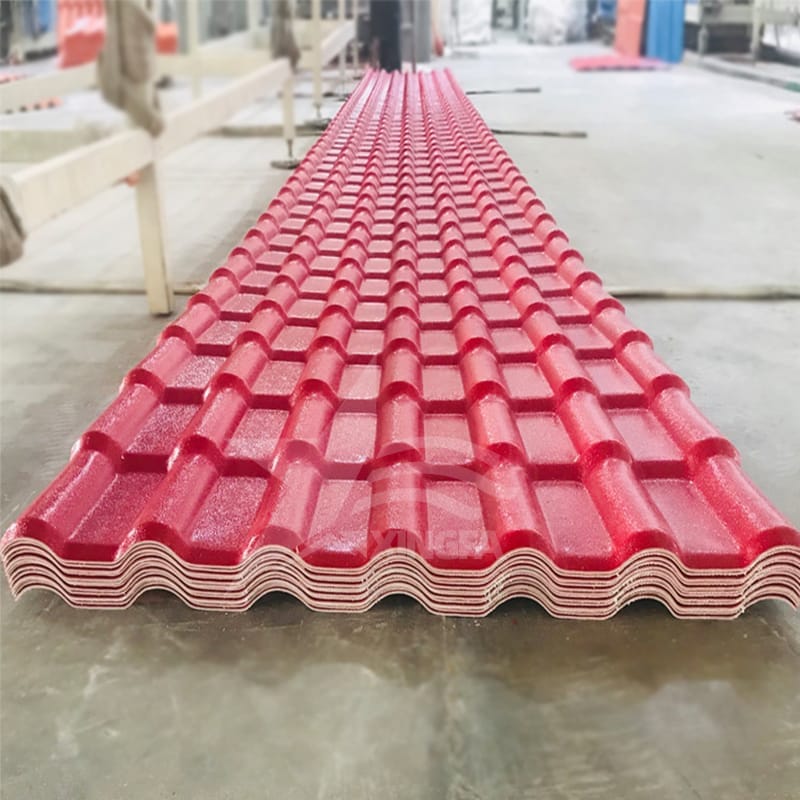In recent years, with the improvement of people’s life taste and the enhancement of environmental protection awareness, wooden structure buildings have mushroomed on the land of China. From the popular wooden villas in the market to the wooden landscape in tourist attractions and leisure and entertainment places, people never stop yearning to return to nature and enjoy a quiet living environment. However, in order to ensure the quality of the cabin, especially waterproof performance, we put higher requirements for wood structure building.

In the past, wooden buildings were used as roofing material. However, in the process of recent use, we have gradually found some problems with the existence of asphalt shingles. First, asphalt shingles are easy to aging and are usually only used for about five years, unless the climatic conditions are ideal. There are few shingles that meet national standards, and shingles that can achieve a life of 25-35 years are even more rare. Secondly, the asphalt shingles need to be installed by bonding and adding nails. On the wooden roof, the bonding and nails of asphalt tiles can withstand a certain wind, but on the cast-in-place concrete roof, due to the difficulty of fixing the nails, mainly rely on bonding. However, the bond is not strong or glue failure, easy to wind down. Third, the flame-retardant performance of the asphalt tile is poor.

With the wide application of synthetic resin tiles in the market, more and more cabin manufacturers began to use synthetic resin tiles as the roofing material for integrated cabin structures, mainly because of the irreplaceable advantages of synthetic resin tiles. Synthetic resin tile uses high weather resistance engineering resin (ASA) as the surface material of the tile. This high weather resistance resin is ideal for outdoor use and has excellent durability in natural environments. It still maintains the stability of its color and physical properties even after long-term exposure to ultraviolet light, moisture, heat, cold and shock. Synthetic resin tile has a variety of good characteristics, such as light weight, recyclable, strength, waterproof and moisture-proof, flame resistance, sound insulation and heat insulation, these functions for the beauty of the cabin and service life is not replaced by other products.

Therefore, the synthetic resin tile has become the preferred choice of the majority of log cabin manufacturers, which can meet people’s high requirements for the quality and waterproof performance of the log cabin. Synthetic resin tile not only provides reliable waterproof layer for the wooden cabin, but also has multiple advantages of beauty, durability, flame retardant and other advantages, to create a comfortable and environmentally friendly living environment for people.

